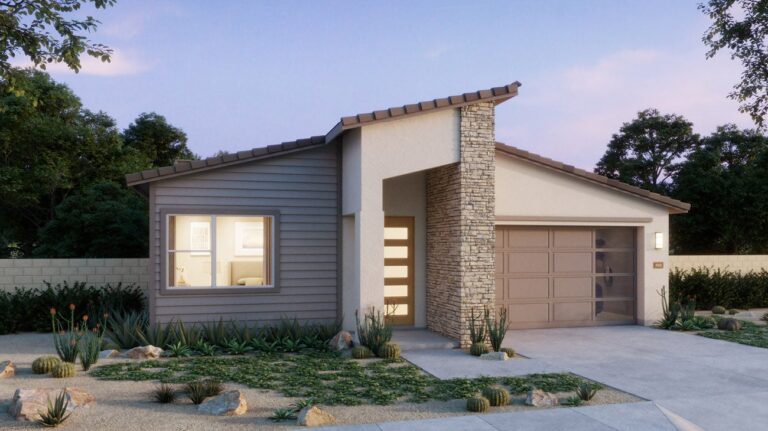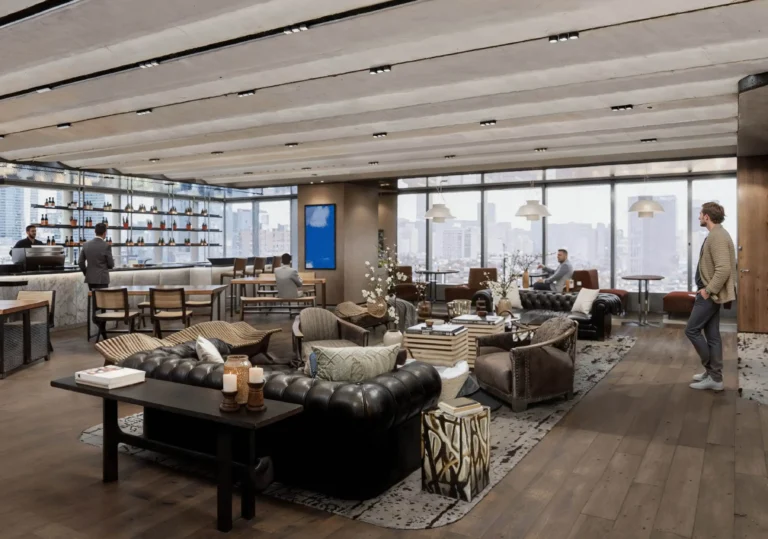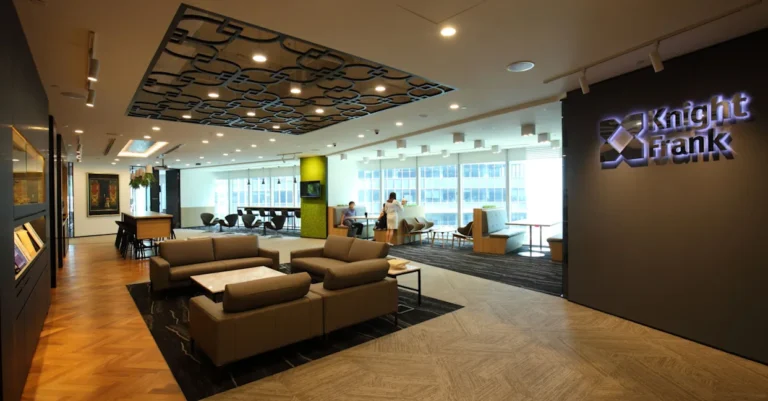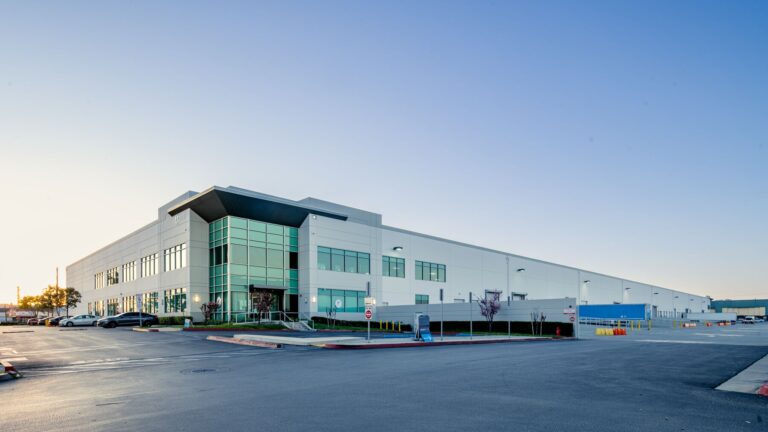Business Real Estate for Lease Complete 2025 Guide for Companies and Investors
Business real estate for lease refers to commercial properties rented by organizations for operational or investment purposes. These spaces range from office buildings and retail stores to industrial warehouses and coworking hubs. Leasing provides flexibility for growing companies that need professional spaces without long-term ownership commitments.
In 2025, the commercial leasing market continues to expand as companies seek adaptable spaces to support hybrid work models and e-commerce logistics. Businesses are increasingly leasing real estate in strategic locations to reduce operational costs while accessing premium facilities and technology-enabled infrastructure.
The State of the Business Leasing Market in 2025
The global business real estate leasing market is projected to reach new heights this year. Key growth drivers include urban redevelopment projects, the rise of remote-friendly corporate setups, and increased demand for last-mile logistics facilities. Markets such as Austin, Singapore, and London remain hotspots due to their robust infrastructure and business-friendly environments.
Benefits of Leasing Business Real Estate

Leasing business real estate provides several advantages compared to purchasing. From financial flexibility to operational adaptability, leasing remains a strategic choice for many organizations.
Flexibility and Reduced Capital Burden
Leasing allows businesses to operate in prime locations without the heavy upfront costs of buying property. Business Real Estate for Lease. This flexibility helps startups and expanding companies adjust to market changes more easily while preserving capital for growth and innovation.
Access to Prime Locations and Facilities
Leasing makes it possible for small and mid-sized companies to secure office or retail spaces in high-demand commercial districts. Many leased properties come with modern amenities—advanced IT infrastructure, coworking setups, and maintenance services—that reduce management overhead.
Tax Efficiency and Simplicity
Leased spaces typically allow businesses to deduct rent and related costs from taxable income, making leasing a cost-efficient strategy. Moreover, tenants can upgrade or relocate with minimal disruption as their operations scale.
Top 5 Business Real Estate for Lease in 2025
Below are five outstanding business properties currently available for lease, offering strategic value, modern facilities, and long-term potential.
1. Manhattan Business Tower
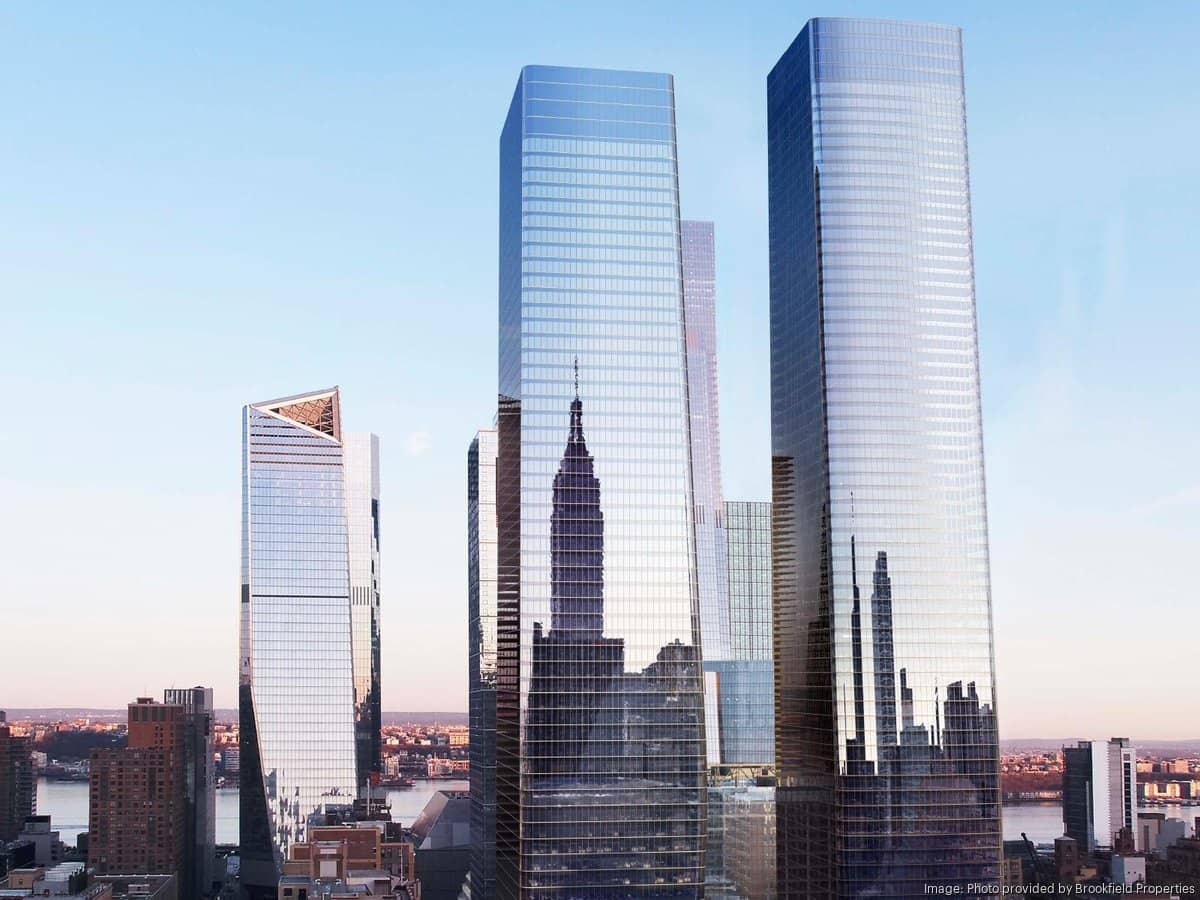
Located in the heart of New York’s financial district, Manhattan Business Tower features 30 stories of high-end corporate office spaces equipped with state-of-the-art communication networks and energy-efficient systems.
This business property caters to financial firms, legal offices, and multinational corporations that prioritize location prestige and seamless connectivity. Each floor offers panoramic city views and flexible leasing terms.
Benefits:
Tenants enjoy proximity to major transportation lines, international banks, and government offices. The property also includes an integrated security system, 24/7 building access, and concierge support-ideal for companies looking to elevate their corporate image.
2. Silicon Valley Business Park
This modern business campus in Silicon Valley combines office spaces, coworking hubs, and research labs under one green-certified complex. It’s designed for technology startups and innovation-driven firms.
Benefits:
Equipped with solar-powered energy systems, smart temperature control, and fiber-optic connectivity, this property supports sustainable operations. Tenants benefit from flexible lease durations, advanced IT infrastructure, and on-site fitness and dining amenities—perfect for dynamic teams.
3. Toronto Business Center
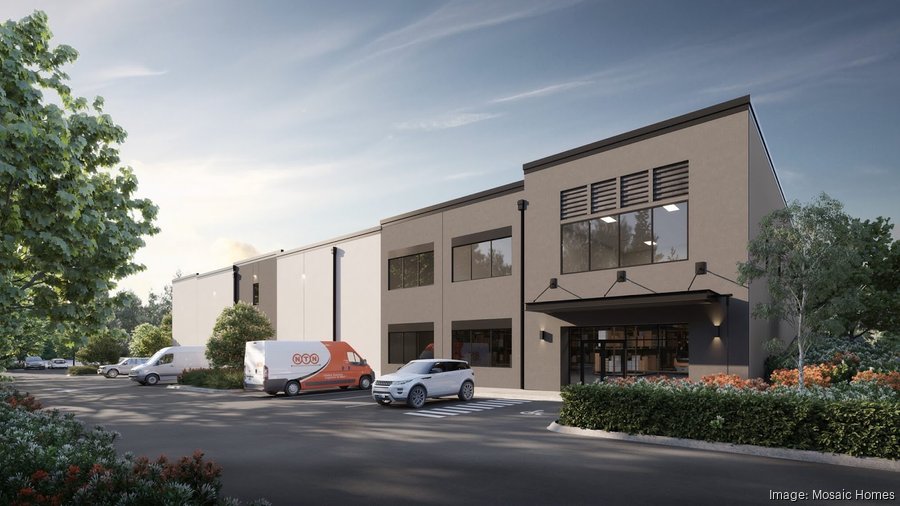
The Toronto Business Center offers premium-grade office suites with modern architecture and easy access to transit hubs. It is popular among multinational corporations seeking a North American headquarters.
Benefits:
This property offers AI-integrated security systems, smart elevators, and energy monitoring solutions. The inclusion of collaborative lounge spaces and high-speed digital connectivity makes it ideal for companies emphasizing innovation and employee well-being.
4. London Corporate Tower
Located in Canary Wharf, this business real estate features flexible floor plans suitable for finance, law, and consultancy firms. With over 150,000 sq. ft. of leaseable space, it offers panoramic views of the River Thames.
Benefits:
The tower provides modern amenities such as biometric access, cloud-based building management, and soundproofed meeting rooms. Its proximity to London’s business district ensures high visibility and easy access for international clients.
5. Singapore Logistics Center
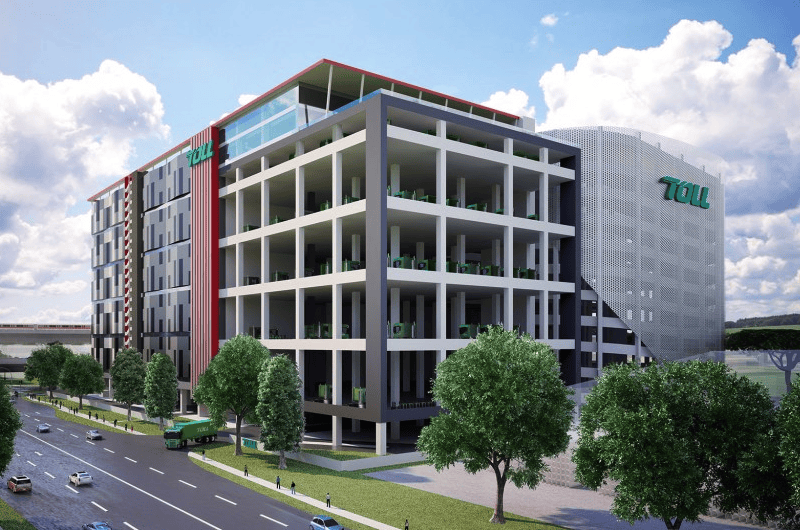
Singapore Logistics Center is a premium-grade facility offering large-scale warehouses, distribution hubs, and loading docks with cutting-edge automation. It’s ideal for e-commerce and manufacturing companies expanding in Asia.
Benefits:
The property provides IoT-based warehouse management, robotic sorting systems, and AI-powered security. With flexible lease options and connectivity to the Port of Singapore, tenants gain a strong operational edge in global trade.
Use Cases: Why Businesses Choose Leasing
Startups and SMEs
Small businesses often lease to access professional spaces while conserving capital. Leasing enables them to establish credibility with clients and partners without committing to ownership costs.
Expanding Enterprises
Corporations expanding into new regions use leasing to test market conditions and business viability before investing in permanent offices or factories.
Logistics and E-Commerce
E-commerce and supply chain companies rely on leased warehouses and fulfillment centers to meet fluctuating demand efficiently. Leasing allows them to scale up or down as needed.
How to Lease Business Real Estate
Step 1: Determine Your Space Needs
Analyze your team size, operational requirements, and future growth potential. Whether it’s a 1,000 sq. ft. retail space or a 50,000 sq. ft. warehouse, clarity helps refine your search.
Step 2: Set a Budget
Calculate your monthly rent budget, factoring in utilities, maintenance, and possible lease escalation clauses.
Step 3: Research Locations
Choose strategic areas that align with your target market and business type. Accessibility and visibility are crucial for long-term success.
Step 4: Engage a Commercial Broker
Partner with licensed real estate brokers who specialize in business leasing. They can negotiate terms, review lease contracts, and identify hidden costs.
Step 5: Review and Sign the Lease Agreement
Before signing, ensure clarity on terms like lease duration, renewal options, subleasing policies, and maintenance responsibilities. Legal consultation is strongly recommended.
Where to Find and Lease Properties:
Benefits of Using Technology in Business Real Estate Leasing
Smart Property Management
Modern business properties integrate AI and IoT for temperature control, energy optimization, and predictive maintenance. These technologies enhance tenant comfort while reducing operational costs.
Virtual Tours and Remote Leasing
With VR-based property tours and digital signing platforms, businesses can now lease real estate globally without physical visits. This technological evolution speeds up transactions and expands market accessibility.
Data-Driven Decisions
Advanced analytics tools help companies compare properties, estimate ROI, and track leasing trends. Such insights allow for smarter, data-backed leasing strategies in competitive markets.
Why Businesses Need to Lease Real Estate
Business real estate leasing addresses critical corporate challenges like workspace scalability, location flexibility, and cost control. Companies lease instead of buy to stay agile, preserve liquidity, and access high-quality environments tailored to evolving workforce demands.
For many, leasing is not just about space-it’s about positioning their brand in thriving business districts, attracting top talent, and maintaining a professional image that aligns with growth ambitions.
Frequently Asked Questions
Q1. What is the main advantage of leasing business real estate?
Leasing allows companies to access premium commercial spaces without heavy upfront investment, offering flexibility and tax benefits.
Q2. How long is a typical business lease term?
Most commercial leases range between 3 to 10 years, depending on property type and negotiation terms.
Q3. Can small businesses lease premium properties?
Yes. Many property owners offer flexible lease structures, shared spaces, or short-term options tailored for startups and SMEs.
